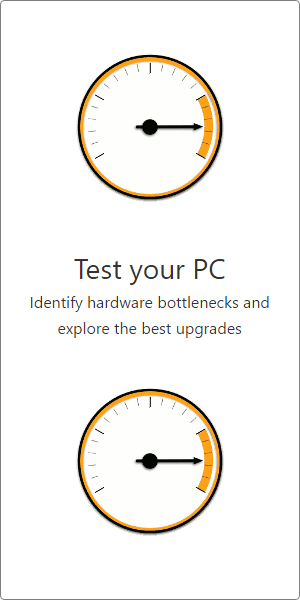Effective Speed
+5%
Poor: 78%
Great: 96%
SPEED RANK: 180th / 1468
Poor: 73%
Great: 92%
SPEED RANK: 219th / 1468
| Effective Speed
Effective CPU Speed |
87 % | +5% | 83.1 % |
External Data: 1080p
+5%
Average Score
+7%
Overclocked Score
+7%
Value & Sentiment
+148%
Nice To Haves
+14%
Specifications
| Series
CPU Architecture |
Zen2 | Zen2 | ||||
| Socket
Motherboard Socket |
AM4 | AM4 | ||||
| Graphics
Integrated Graphics |
None | None |
Conclusion
Average Bench 87%
Average Bench 83.1%
User Builds
141,122
1,072,639
Systems with these CPUs
Top Builds that include these CPUs
Frequently Asked Questions
Processors FAQ
ALL FAQs »

 CPU
CPU
